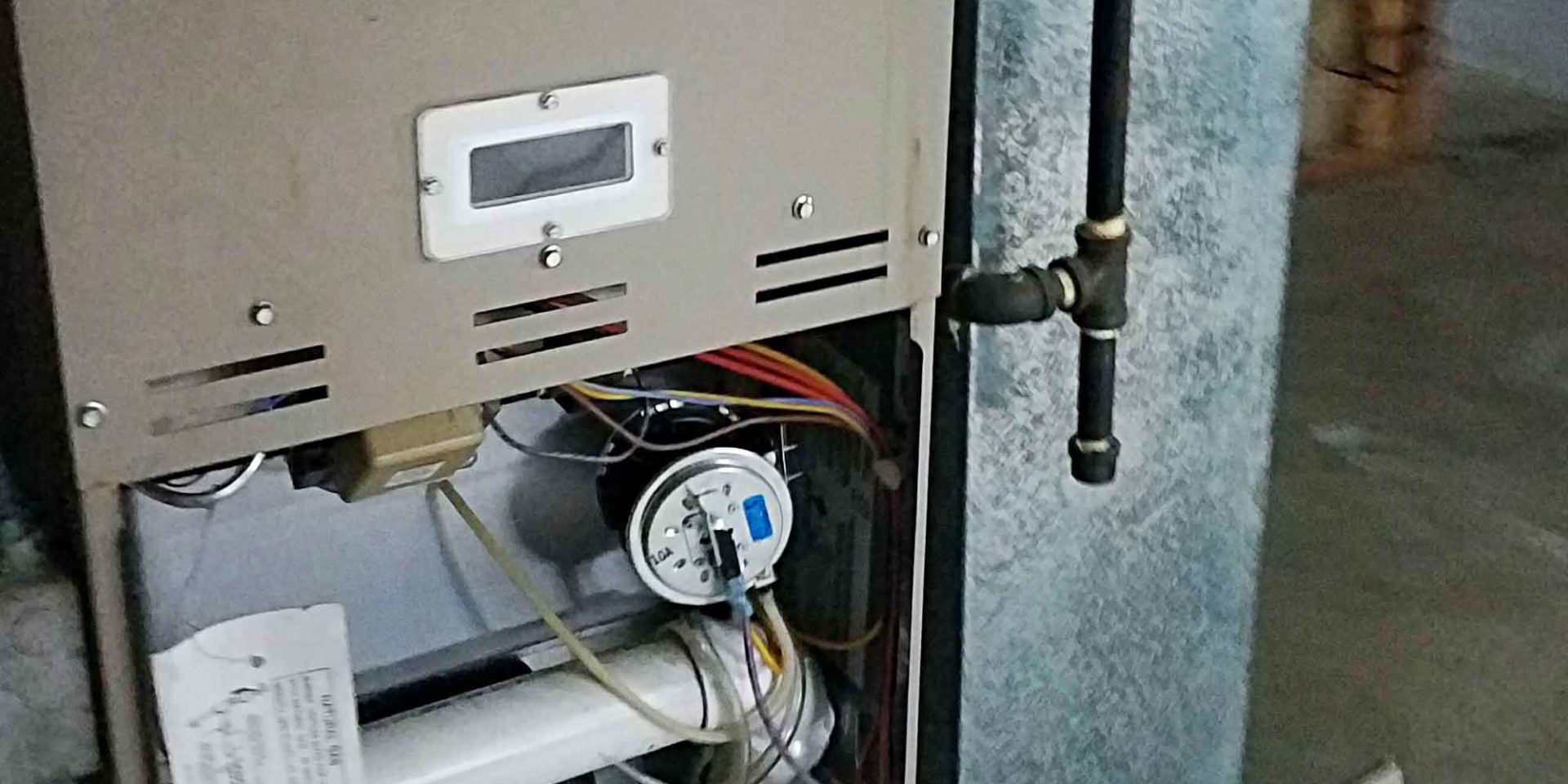Take a glimpse into the future of the HVAC industry and learn about these trends, from what size rooftop units will grow to which classifications dominate. You’ll also know how many heating or cooling jobs will be available, including HVAC field supervisor, refrigeration technician, and IT specialist. This is an informative article with a fun twist!
This research predicts some of the most pertinent trends in heating, ventilation, and air conditioning (HVAC) for 2025.
1. The growth of innovative technology and home automation will expand.
With the integration of smartphones and tablets, wireless devices will continue to grow in HVAC usage. Furthermore, new sensors and controllers will enable more security measures while adding convenience to HVAC systems. In addition, a growing trend towards making as-needed heating and cooling is expected as people can create more precise heating and cooling schedules using HVAC systems that track indoor temperature and humidity.
2. Rooftop units will grow in size.
The HVAC industry will start to see the introduction of larger rooftop units, which will be installed on homes with the latest high-performance super insulation and glazing technologies. Additionally, these rooftop units will feature a digital interface so homeowners can remotely adjust their HVAC systems’ settings from their smartphones.
3. A less fragmented distribution channel is expected in the HVAC industry.
With the rise of intelligent technology, consumers will turn to centralized control systems with integrated display screens. These systems will alert users about issues or predict energy usage. They will also have web-based control and online service monitoring. This growth in centralized control systems will improve efficiency, reduce costs and make it easier for HVAC professionals to sell their services.
4. More super insulation and glazing technologies are expected in HVAC units.
Residential and commercial sector HVAC units will feature super insulation and glazing technologies. These experiments will focus on reducing thermal loads and building high energy savings. This concept is already available to consumers in the European Union, where 97% of new homes are made with super insulation or glazing technologies.
5. The size difference between residential and commercial rooftop units will remain or increase.
Commercial and residential rooftop units will always differ because they perform different roles. However, the size of these HVAC systems will likely remain the same or increase. This is due to commercial buildings occupying more extended periods and with more significant people than homes.
6. The switch to stand-alone systems will grow.
Stand-alone HVAC systems will continue to grow in popularity because they can be used for heating and individual cooling rooms, such as bedrooms or offices. As a result, they are being used more often than in previous years. In the future, these systems could also be part of multiple rooms’ heating and cooling systems.
7. The use of air conditioning refrigerants with high evaporative emission rates will decline.
To reduce the release of refrigerants into the air, more HVAC companies will switch to recycling techniques and use refrigerants with low evaporative emission rates. There is a worldwide ban on certain HFCs used in air conditioning units. However, it’s important to note that countries can apply for exemptions from this ban.
8. Competency-based training will be developed for HVAC professionals.
Certification for HVAC professionals will continue to grow, emphasizing competency-based training. In addition, new tests will be developed to measure the competency of HVAC system operators.
9. HVAC systems with installed software will be connected to the Internet.
Future HVAC systems will feature host platforms that connect them to an expanded database of software programs to make their systems more effective and efficient, controlling the system’s functions and settings. HVAC experts will use this software to program the system to perform certain functions or take specific actions.
10. The HVAC industry will continue to grow globally.
The HVAC industry will remain a fast-growing one, as the world’s population is expected to increase by 35% in the next 30 years and by 50% in another 30 years, so there will be more people needing heating and cooling systems. In addition, aging HVAC systems will need to be upgraded.
11. The demand for HVAC engineers will remain constant or increase.
Over the next ten years, the demand for HVAC engineers will remain constant or increase as the HVAC industry grows. In addition, there is a high demand for thermal engineering graduates in Europe and North America because these professionals are in tall order due to their expertise in super insulation, glazing technologies, and solar power cooling installations.
12. HVAC engineers will focus more on energy efficiency to reduce energy consumption.
Energy efficiency is expected to grow in importance in the next decade as the population grows and becomes increasingly environmentally conscious. In addition, this trend will increase even more with the looming ban on certain types of HFCs used in air conditioning units.
13. HVAC engineers will use advanced software to design new HVAC systems.
HVAC system designers will use advanced software to design new HVAC systems that increase energy efficiency and comfort while fitting in smaller footprints. This trend is already happening in countries like Germany, China, and Japan, leading to glazing technologies.
14. Enhanced controls will be introduced into HVAC systems with higher superinsulation or glazing technologies.
Advanced controls will monitor and manage the super insulation or glazing technologies. In addition, these controls will monitor heat transfer between inside and outside air and the airflow through the system. This data will be monitored and managed to achieve optimal energy efficiency.
In conclusion, the HVAC industry will continue to grow in the future, primarily as more and more countries work on developing super insulation and glazing technologies. These systems will significantly save energy costs, directly impacting the general public. However, some countries have banned certain HFCs used in air conditioning units.




